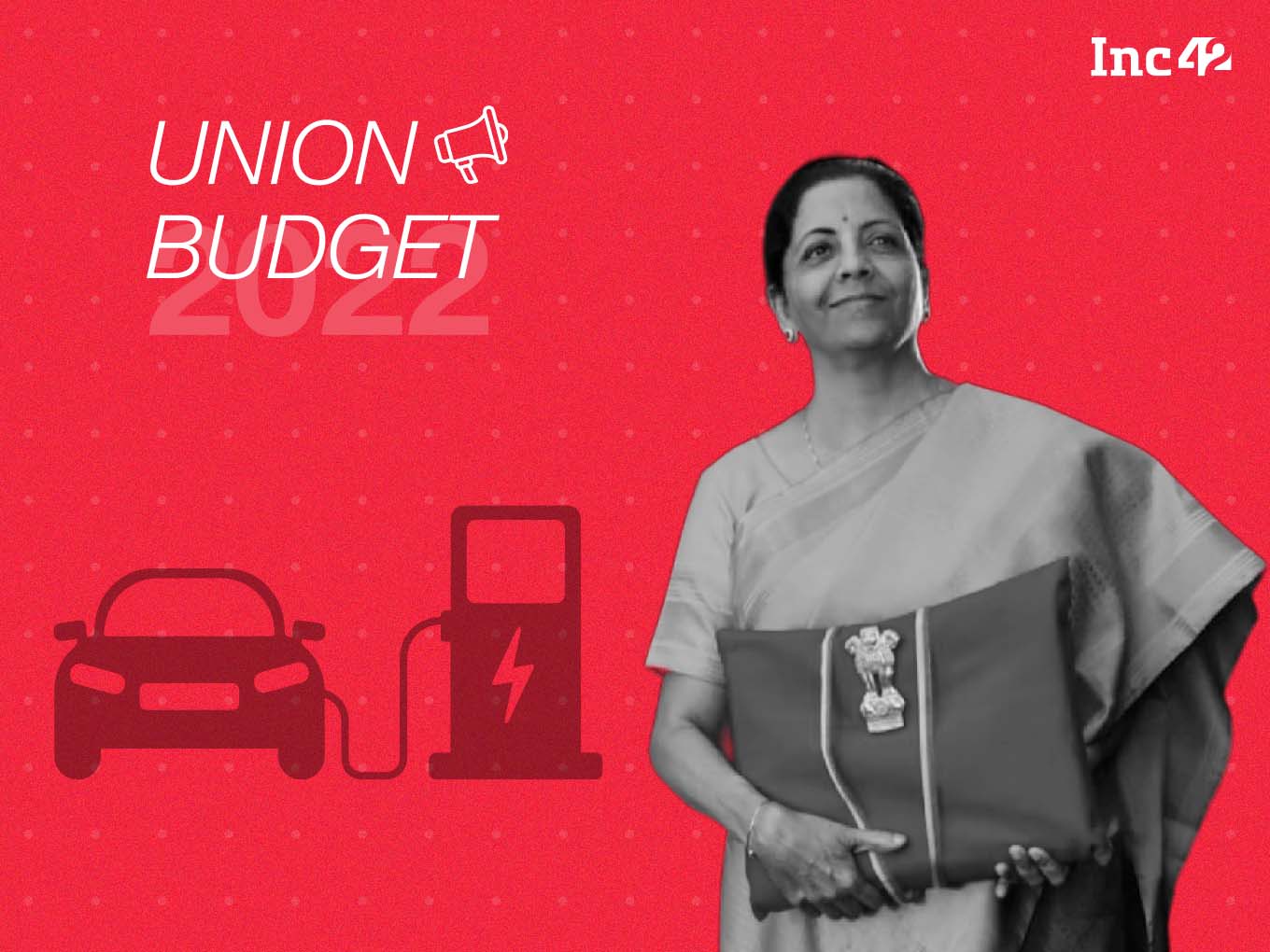
In a bid to promote cleantech in public transport, the finance minister announced India’s plans to come up with special mobility zones for electric vehicles as well as a battery-swapping policy.
India is undergoing a massive electric mobility revolution, and the move allows a greater push for various businesses that connect to the EV industry. Electric vehicles are the future and government policies have already played a role in ramping up adoption.
Alongside the battery swapping rules, the government will also formulate interoperability standards to improve the efficiency of EV business.
While some critics assert that storing charging and maintaining battery swapping packs would be far more complex and costly than simply connecting EVs to the existing electricity grid — making it a resource and manpower-intensive project, it is interesting to see how the new policies will deal with the problem.
The new policy is likely to positively impact startups such Battery Smart, RACEnergy, Lohum cleantech.
A Run Down ON EV Needs From Budget 2022
From a manufacturing point of view, the EV segment has complained about the under-utilisation of funds allocated under the Faster Adoption and Manufacturing of Hybrid and Electric Vehicles (FAME-II).
EV players want FAME and production-linked incentives (PLI) to be more adaptable to allow smoother disbursements to help the industry invest in EV infrastructure. The government should consider incentivising the consumers as well.
The post Union Budget 2022: Good News For EV! Battery Swapping, Interoperability Standards To Be Notified appeared first on Inc42 Media.










